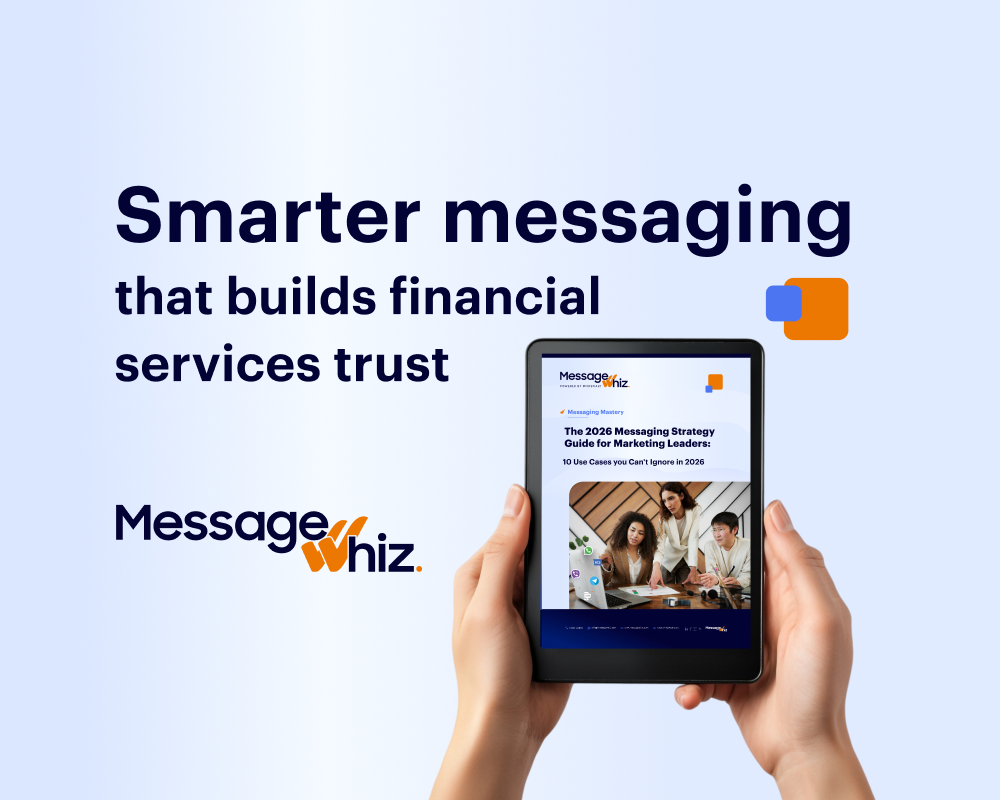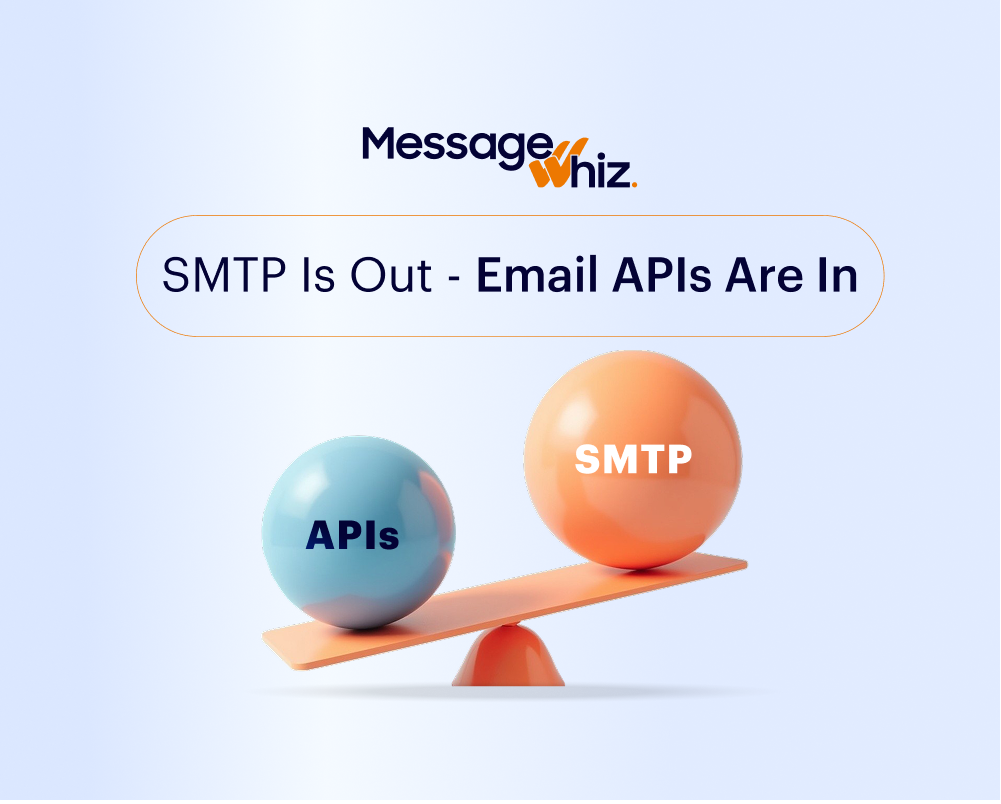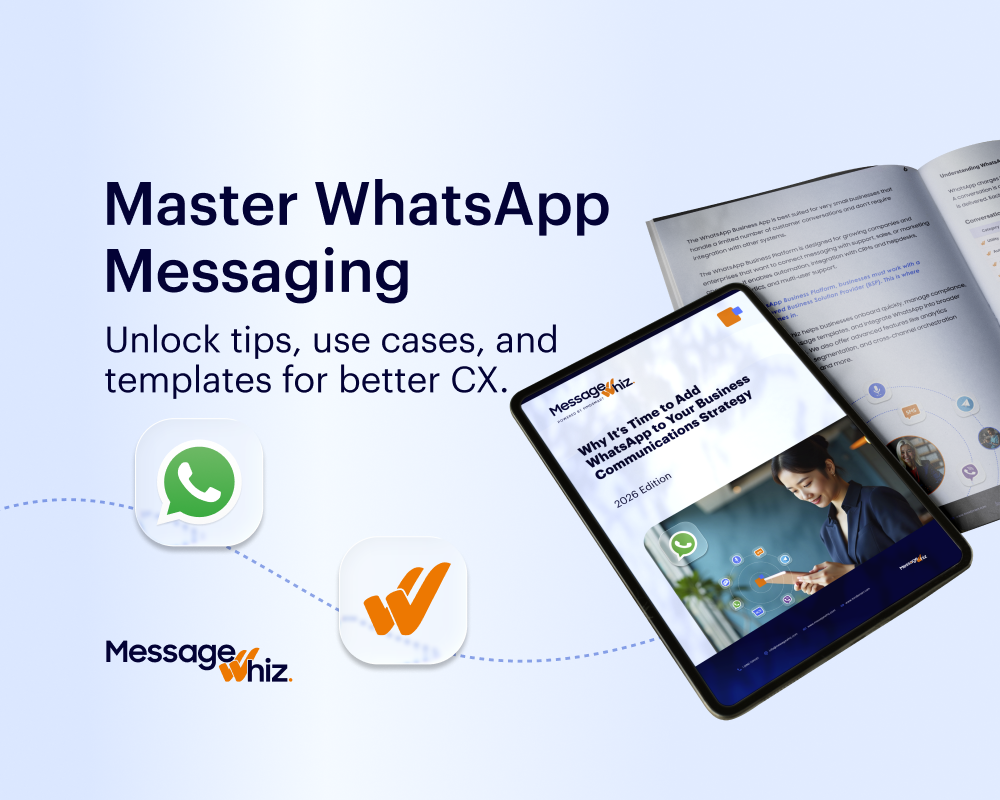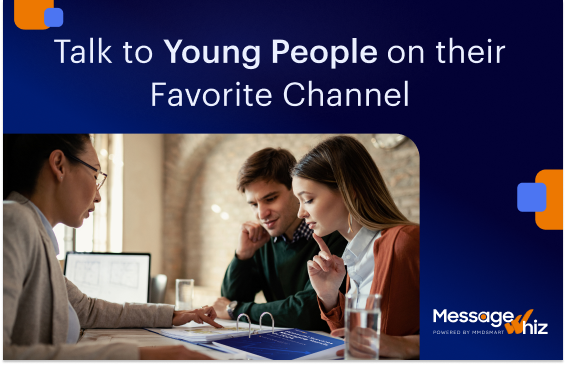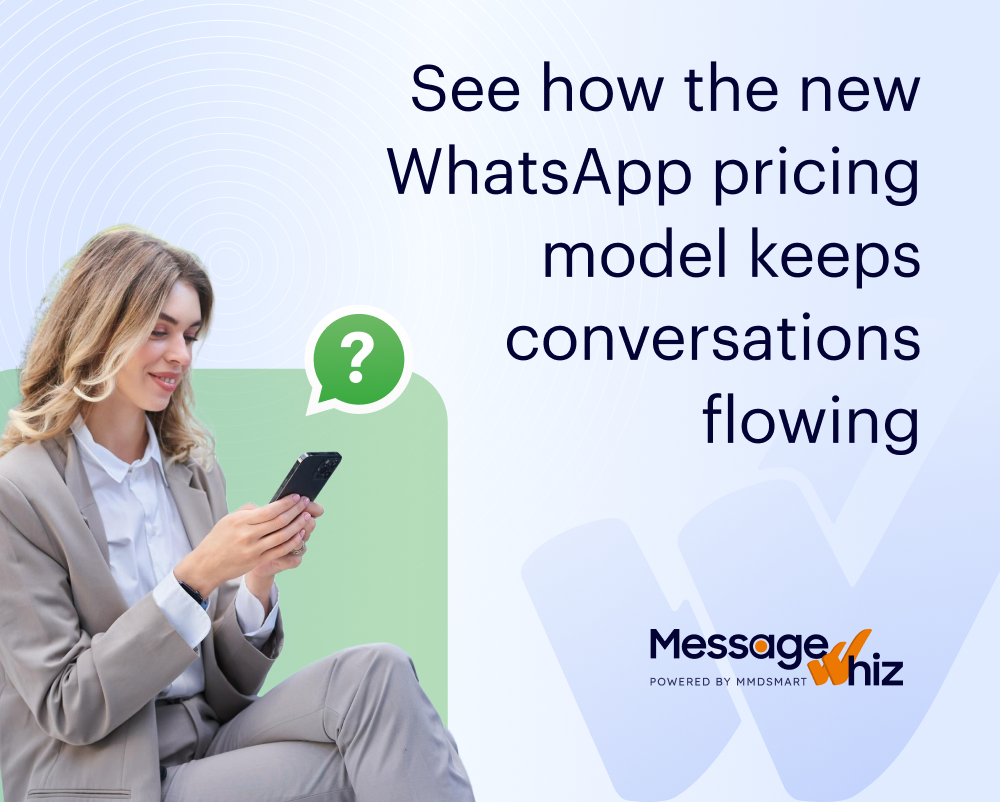Choosing The Best Mobile Messaging Platforms
In 2025, businesses have an ever-expanding array of options to deliver impactful messaging to their customers. Commercial messaging platforms have grown from SMS to include WhatsApp, Viber, Telegram, RCS, and others. A messaging platform is a software application or service enabling users to send and receive messages online or through a cellular network.
These platforms go beyond simple text communication, offering multimedia features, interactivity, and enhanced security. Choosing the right messaging platform isn’t as simple as just picking one.
Businesses should define the type of message they plan on sending, and then choose a platform that best supports their needs using effective messaging delivery. We’ll walk you through some of the different platforms and highlight the advantages and disadvantages that they offer.
SMS Messaging Delivery
The original messaging platform, SMS is ideal for short text messages. There are several reasons you might use SMS as your messaging platform. Every mobile phone has an SMS application. As long as there is telephone service, SMS messages are capable of reaching their destination.
This makes it ideal for anyone sending one time passwords (OTP) messages, as well as for reaching out in an emergency situation. When electricity is down and the Internet is down, it’s comforting to know that your messages will get through.
SMS is also ideal for reaching large blocks of people. Since it is on every mobile phone, you can be sure that your customers will receive your message.
SMS can include links, and MessageWhiz supports 2-way SMS, so your recipients can respond to your message when enabled. 2-way conversations on SMS are particularly effective when a chatbot which can respond 24/7, is employed via the 2-way messaging dashboard. AI is now improving chatbots using SMS by enabling more natural, personalized, and context-aware interactions for seamless two-way communication. This ensures effective messaging delivery and immediate interaction.
However, SMS does not support like buttons, images, or video files. While those can be sent out over MMS, it’s less than ideal and is high cost.
RCS Messaging Delivery
Rich communication services (RCS) are more advanced than SMS messaging. In addition to text, RCS allows you to share media elements, such as images and video. It also supports links, location sharing, calendar events, and a list of suggested replies. When sharing multiple images, RCS supports carousels, so recipients can scroll through multiple images. It also has selection buttons so users can respond to prompts with one click such as “Pay Now”, “Reserve”, Confirm Pickup”, etc. Leveraging RCS is crucial for effective messaging delivery with rich media.
RCS is intended to be the default messaging app on smart phones replacing SMS as the standard app, although SMS will still be available on non- smartphones. Google, the main proponent of RCS has been collaborating with mobile carriers to implement RCS.
2025 Update:
Apple’s adoption of RCS in iOS 18 bridges the gap between iPhones and Android devices, allowing businesses to deliver rich, multimedia messages to a broader audience. However, the absence of end-to-end encryption on RCS may deter privacy-conscious users and businesses handling sensitive communications.
WhatsApp for Business Messaging
With over 3.5 billion users and an app available for nearly every phone, WhatsApp is one of the most popular business chat apps. Rather than messages, WhatsApp exchanges are viewed as conversations, and billing is typically based on exchanges within a 24-hour period.
WhatsApp supports media such as images, videos, audio files, and documents. Users can share locations and contact information. Additionally, WhatsApp protects user accounts with two-factor authentication.
WhatsApp also supports chatbots, making it easy to provide basic customer support through the app. WhatsApp support of bulk messaging is limited. Businesses are limited to 800 recipients per day and 256 contacts at a time.
WhatsApp is effective for businesses trying to develop one-to-one relationships with the customers. They can use the platform to answer questions, share products, and generate sales.
Effective April 1, 2025, WhatsApp utility templates sent within the customer service window will be free for all businesses, while those sent outside the window will still incur the utility rate. And starting February 1, 2025, WhatsApp are expanding authentication international rates to 7 new markets:
- Egypt (+20)
- Malaysia (+60)
- Nigeria (+234)
- Pakistan (+92)
- Saudi Arabia (+966)
- South Africa (+27)
- United Arab Emirates (+971)
Viber for Business Messaging
Viber is a highly popular messaging application in Europe and the Middle East. It’s used in over 190 countries, and has over 1B users.
Like WhatsApp, Viber supports sharing images, videos, and files. It also supports automated messages, such as account activation confirmations.
The messaging platform supports business group chats, and makes it easy and effective to track message deliveries. As it moves to the future, Viber is increasing its focus on business features, including advanced chat analytics and AI-driven tools for better engagement.
Telegram for Business Messaging
With 900 million active monthly users, Telegram’s user base is quite large. It’s end-to-end encryption and self-destructing messaging have made it quite popular, especially in Asia and Europe.
Telegram offers selection buttons and supports sharing images, videos, and files. Businesses can create channels for large groups of users, and set up auto replies for FAQs. Large discussion groups are especially popular on Telegram as it does not limit the amount of users on community boards of this kind. For businesses focused on security and broad reach, Telegram provides effective messaging delivery with robust features.
WeChat for Business Messaging
WeChat is a versatile messaging program popular in China. It enables text, photos, videos, and voice messages, as well as payment and social media features. For businesses targeting the Chinese market, WeChat is essential for effective messaging delivery. Its comprehensive ecosystem enables direct communication with consumers and facilitates transactions within the app.
iMessage for Business Messaging
Apple’s messaging platform, iMessage, is seamlessly integrated into all of its devices. It supports text, photos, videos, and documents and offers end-to-end encryption to ensure secure communication. iMessage enables businesses to send rich media communications while leveraging Apple’s massive user base.
iMessage also includes interactive elements like stickers, replies, and Apple Pay integration for transactions. For businesses targeting Apple consumers, iMessage provides a reliable platform for messaging delivery. However, it’s worth noting that iMessage is only available on Apple smartphones, which may limit its reach to non-Apple customers.
Trends in Messaging Platforms Beyond 2025
The growing use of AI to automate customer service is an important trend. AI-powered chatbots can handle routine requests, provide rapid responses, and increase customer satisfaction. In addition, more messaging platforms enable multimedia communications, such as photographs, videos, and interactive content. Rich media can make messages more engaging and effective. As platforms enhance multimedia capabilities, businesses can deliver more dynamic and compelling content, ensuring effective messaging delivery.
Platforms are increasingly integrating with social networks, enabling seamless communication across several channels. This connection can help you increase your reach and engagement by combining the benefits of messaging platforms and social media. There is more emphasis on end-to-end encryption and data privacy. As cyber threats grow, platforms improve their security mechanisms to protect user data.
In 2025, personalization has become a cornerstone of effective customer engagement strategies, and AI is at the forefront of enabling businesses to achieve this at scale. By analyzing vast amounts of data from customer interactions, purchase history, demographics, and behavioral patterns, AI empowers businesses to craft hyper-relevant messages that resonate with individual users.
Picking the Best Platform for Your Business
Choosing the right mobile messaging platform and utilizing effective messaging delivery strategies is essential for businesses to communicate effectively with their audience. By understanding the unique features and benefits of each platform, businesses can ensure their messages are delivered efficiently and effectively, leading to better engagement and outcomes.
Talk to our experts to find the chat channel that’s right for you


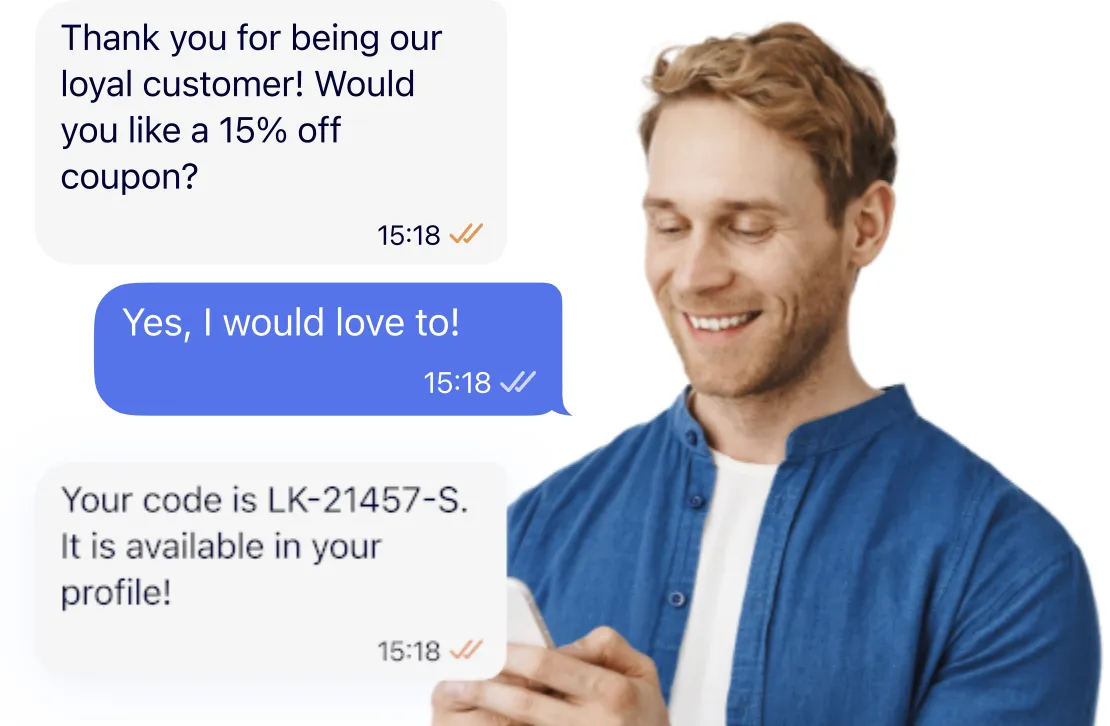
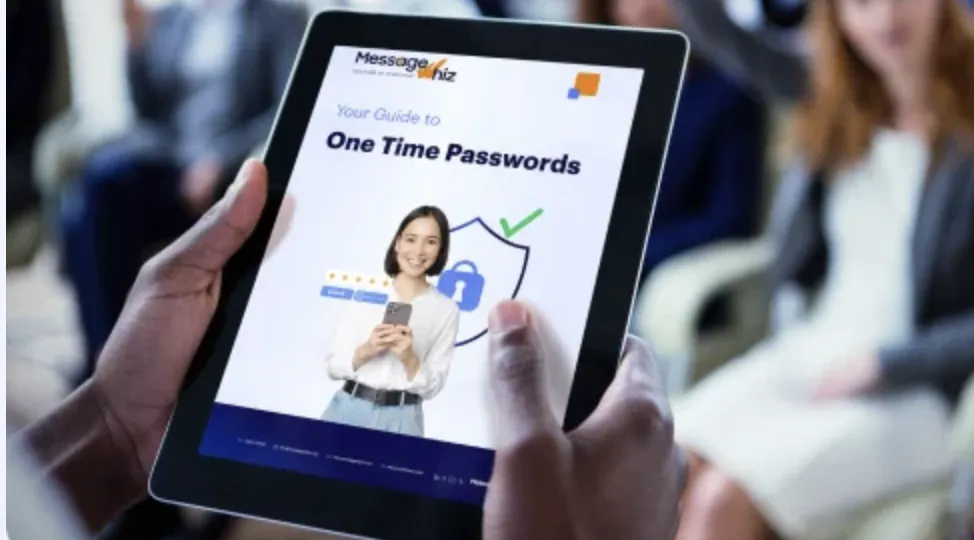
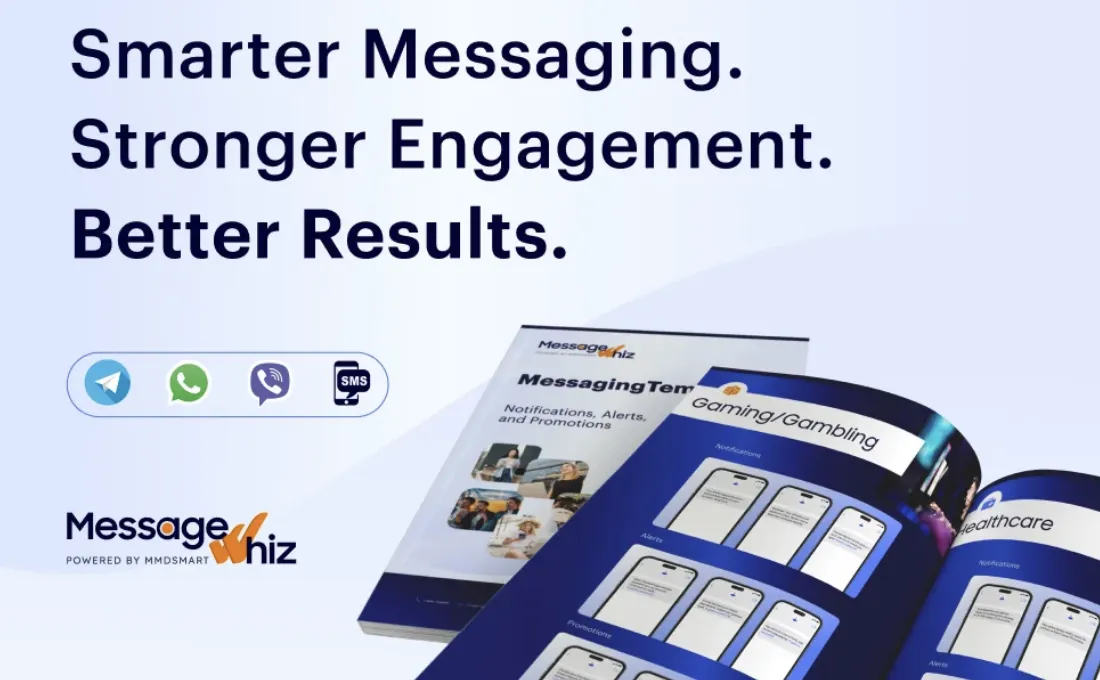

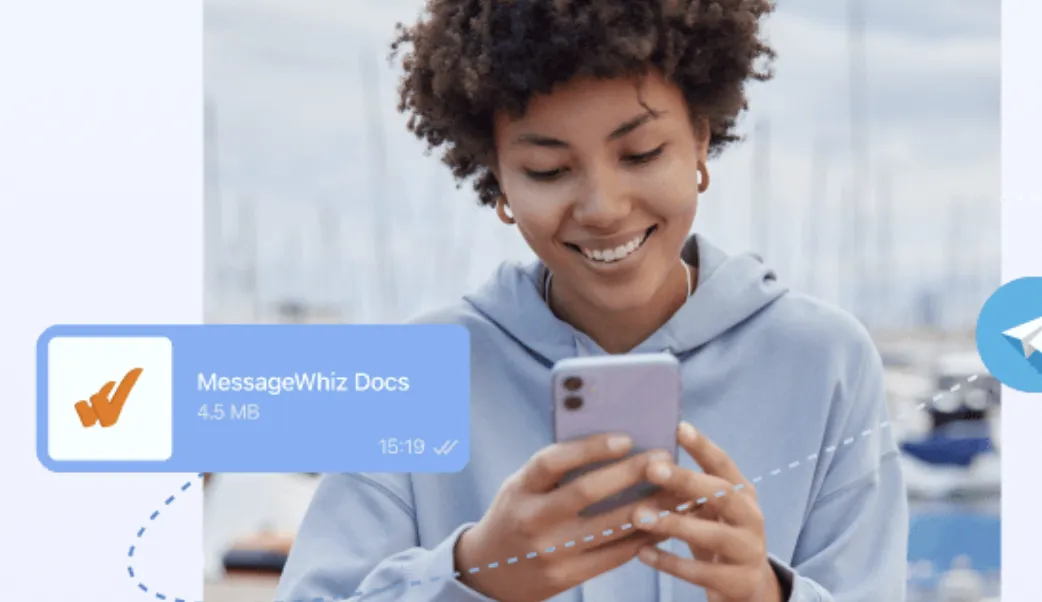
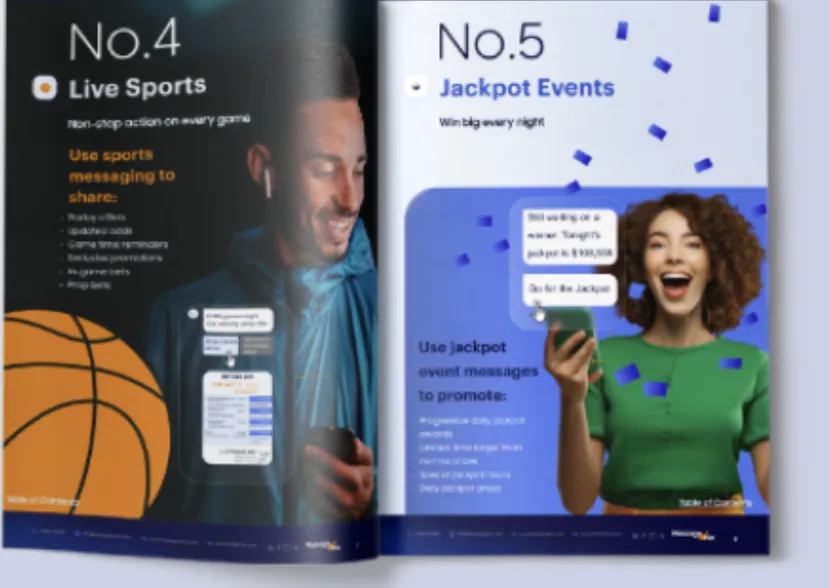

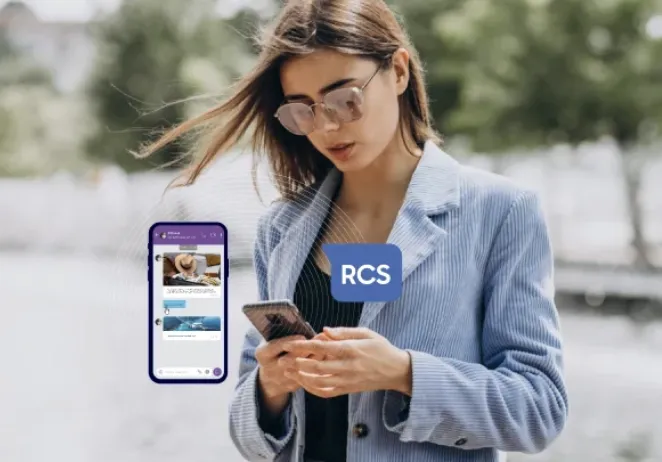





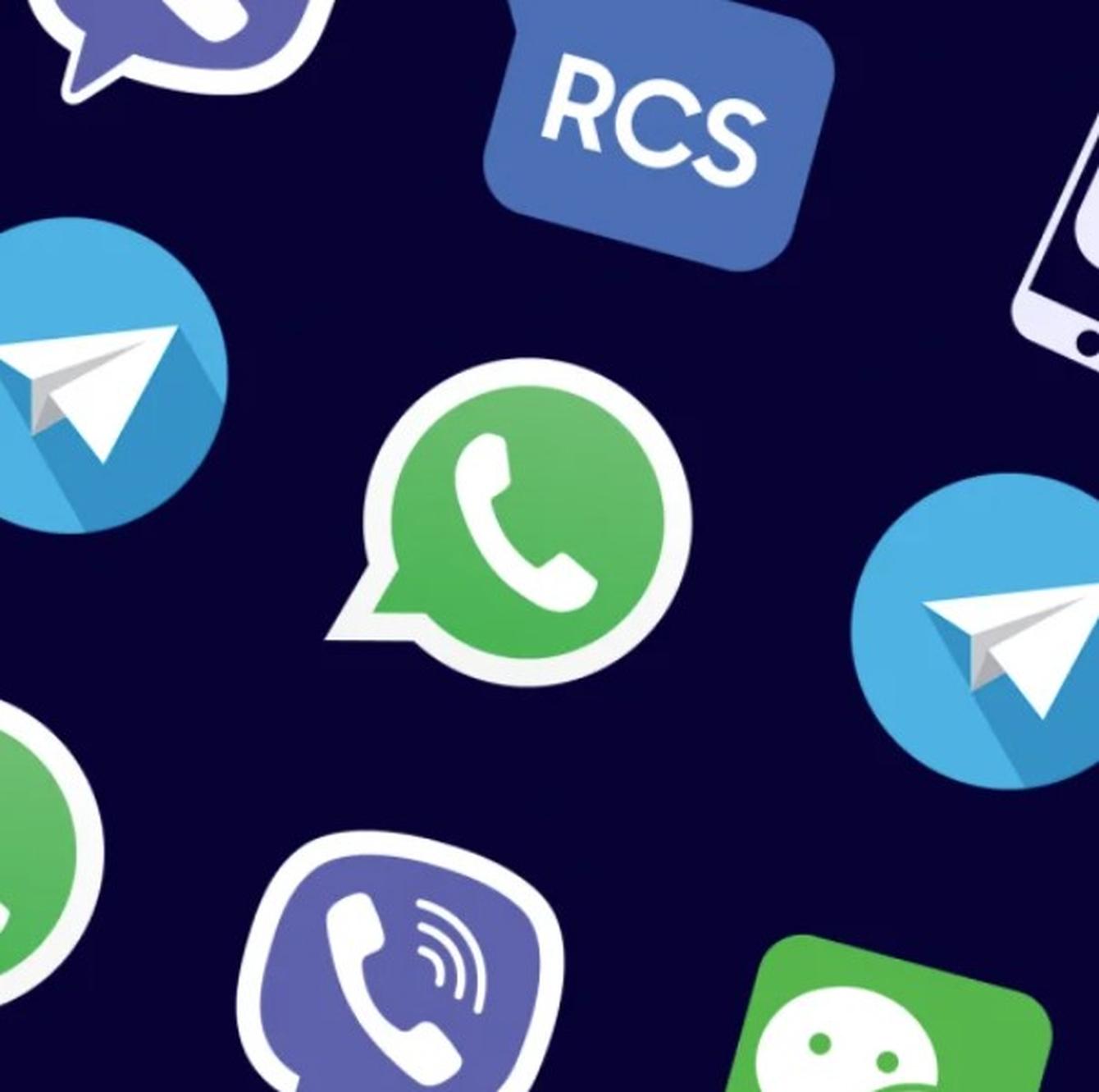











![10 SMS Marketing Services Compared [2026 Guide] | Message Whiz blog image](https://messagewhiz.com/wp-content/uploads/2025/11/smiling-woman-holding-smartphone-remixed-media-2.jpg)




